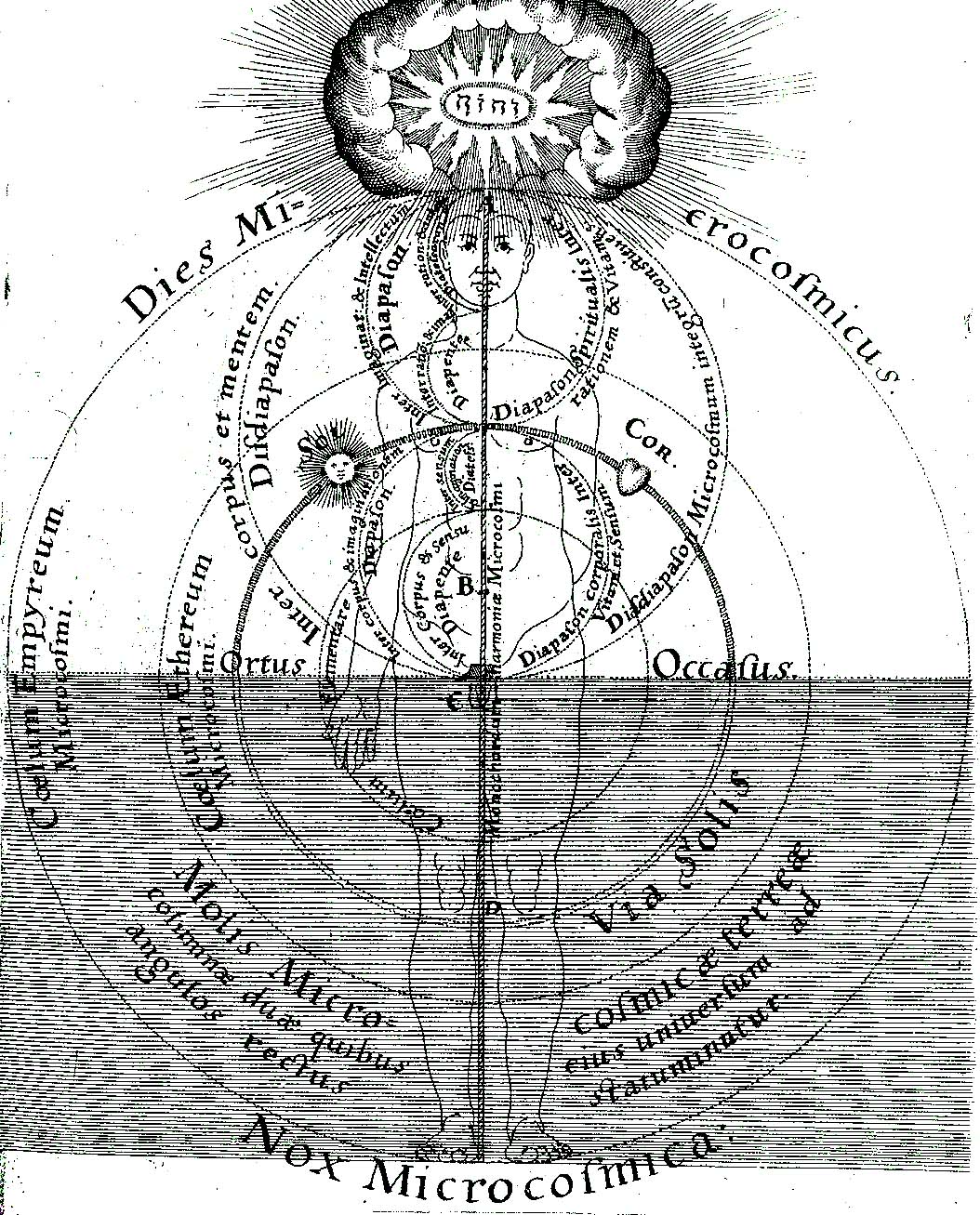
UNIVERSAL NEURAL NETWORKS
AT ITS CORE, THIS PARADIGM-SHIFTING PERSPECTIVE CHALLENGES US TO REEVALUATE OUR UNDERSTANDING OF THE COSMOS AND OUR PLACE WITHIN IT.
What if the Universe is more than a collection of galaxies and particles? What if it's an entity, even a superorganism, that evolves, learns, and adapts, much like life itself? These questions push us beyond the boundaries of conventional materialist thought and into the realm of an interconnected narrative that merges science and spirituality.
Cognitive neuroscientist and journalist Bobby Azarian beautifully captures the essence of this concept when he writes, “The idea that the Universe is a brain, a neural network, or a self-organizing complex adaptive system analogous to an organism invites us to reexamine our understanding of the cosmos and our relationship to it.” This would also mean that the emergence of life and consciousness on Earth is no accident (which our current materialist myths suggest), but rather a natural cosmic evolutionary process, continually propelling us towards higher levels of organization, knowledge, and awareness.

The Micro and Macrocosmos, 1617–1621
— by Robert Fludd
— by Robert Fludd
A recent article on the web portal Big Think titled “The case for why our Universe may be a giant neural network” (June 12th, 2023) elaborates on this emerging worldview, offering insights into how our Universe, with all its celestial wonders, could in fact resemble a vast interconnected brain. This new understanding triggers profound implications for both science and spirituality, shedding new light on the purpose of the Universe and our own place within it. It also challenges those religious concepts that imagine creation as completed by an external God or process, which is separate from the Universe itself.